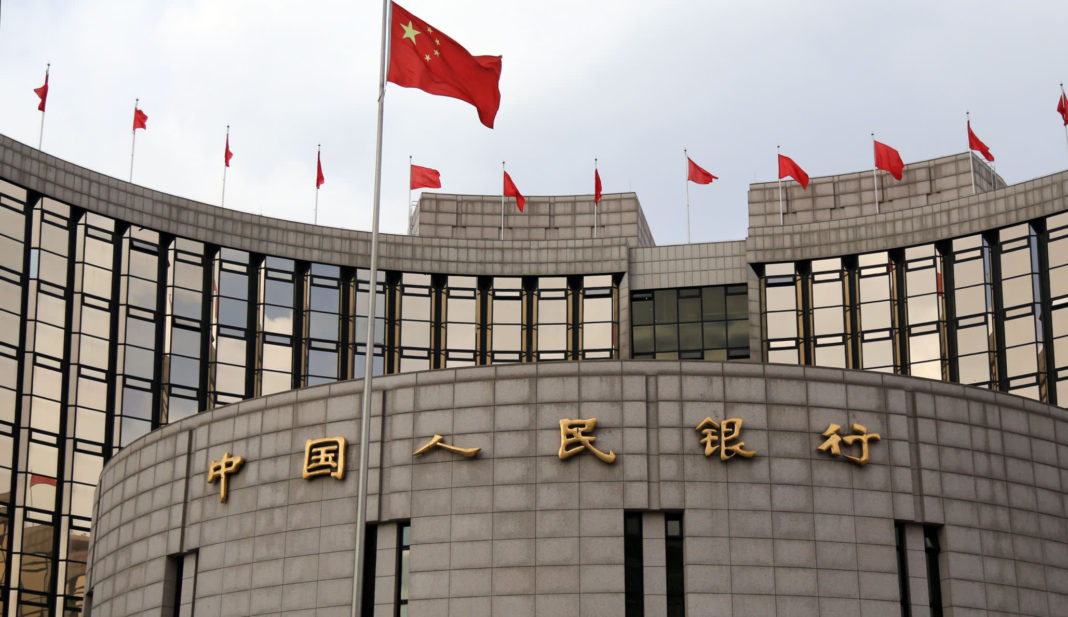This is the first time that the Chinese government has recognized the asset value of cryptocurrencies.
At the Boao Forum for Asia on April 18th, Zhou Xiaochuan, a former central bank governor, and Li Bo, now deputy governor of the central bank, expressed their views on cryptocurrencies. “We believe that crypto assets should play a major role in the future as an investment vehicle or as an alternative investment, ” Mr Li said. As an investment vehicle, many countries, including China, are also studying it.
Zhou Xiaochuan: As long as the money you take out of your digital wallet is digital currency, don’t be too careful about whether it’s account-based or token-based. And don’t care about the payment clearing system behind it, because people don’t necessarily understand what the system behind it is. You don’t have to say, is it decentralized or centralized? Of course, you may need to know that you can’t use this system to launder money, evade taxes, engage in drugs, engage in arms trading, and you can’t gamble in China, and that’s where the digital yuan starts.
Moderator: Thank you! May I ask Vice President Li Bo, a few years ago Chinese Min Bank for digital currency transactions is to take some measures, do you think Chinese Min Bank in the next for like cryptocurrency transactions, will still maintain the same tough stance as before?
Li Bo: We think bitcoin and stable currency are encrypted assets. Crypto assets are investment options, not currencies in themselves. It is an alternative investment, not a currency in itself. So we think that crypto assets should play a major role in the future, either as an investment vehicle or as an alternative investment. As an investment vehicle, many countries, including China, are also studying what kind of regulatory environment such an investment should have. Although this rule is the minimum, it still needs to be. It is also necessary to ensure that speculation on such assets does not pose serious financial risks. That is, we will continue to do what we do and what we do until we figure out what kind of regulations we need.
The second point is that for some stable currencies, they are encrypted assets. If we want such encrypted assets to be a widely used payment solution, we need stronger regulations, which are more stringent than Bitcoin is now. Because for a private company to issue such a will be used as a payment tool, stable currency must have regulatory rules such as quasi-banks or banks to regulate the function of such stable currency. So any stable currency that wants to become a widely used payment tool in the future must be subject to strict supervision, just like banks or quasi-bank financial institutions.
Moderator: President Zhou, do you have anything to add?
Zhou Xiaochuan: I agree with what we said just now, we have to distinguish between digital assets and digital currencies, which have three main characteristics, as Augustine Carstens mainly talked about just now. I would like to add that one of the characteristics of China’s consideration of these issues is that we attach particular importance to the real economy. Finance is to serve the real economy, whether it is digital currency or digital assets, should be closely integrated with the real economy, to serve the real economy.
Digital currencies, because they support large amounts of payments, are certainly good for the real economy, and they must not be less, without which the real economy can’t turn around. So you have to ask, what are the benefits of digital assets to the real economy? I still have questions in my head, so people will be more cautious. We also went through the global financial crisis of 2008, when there were several phenomena, that is, out of the real economy, some products of finance will go wrong. Shadow banks, for example, were criticized at the time for having derivatives that turned purely into speculative trading between several financial institutions and had little to do with the real economy, which turned out to be prone to problems. Even a lot of big bank leaders, like Citigroup or Bank of America, say they don’t understand what people in the trading room are trading, so it’s hard for me to do a good job of internal controls.
So such a derivative, we’re not saying it’s going to come to a conclusion right now, but you have to be careful. In addition, from the direction of policy encouragement this is China’s characteristics, that is, to emphasize financial products, financial services to engage in new things, new institutions to pay attention to, you have to serve the real economy, you have to make clear what your benefits to the real economy is.
Wu said blockchain believes Beijing’s policy environment may change some positively as regulatory compliance with the U.S.-led pair of cryptocurrencies evolves, as well as events such as coinbase listings, Hong Kong-approved compliance exchanges and Bitcoin funds, and Meitu’s purchase of bitcoins. For the first time, the central bank’s deputy governor has positively acknowledged the significance of encrypted assets such as Bitcoin as an investment vehicle, as well as the emphasis on compliance regulation, which is significant and the industry expects positive changes in the future.





